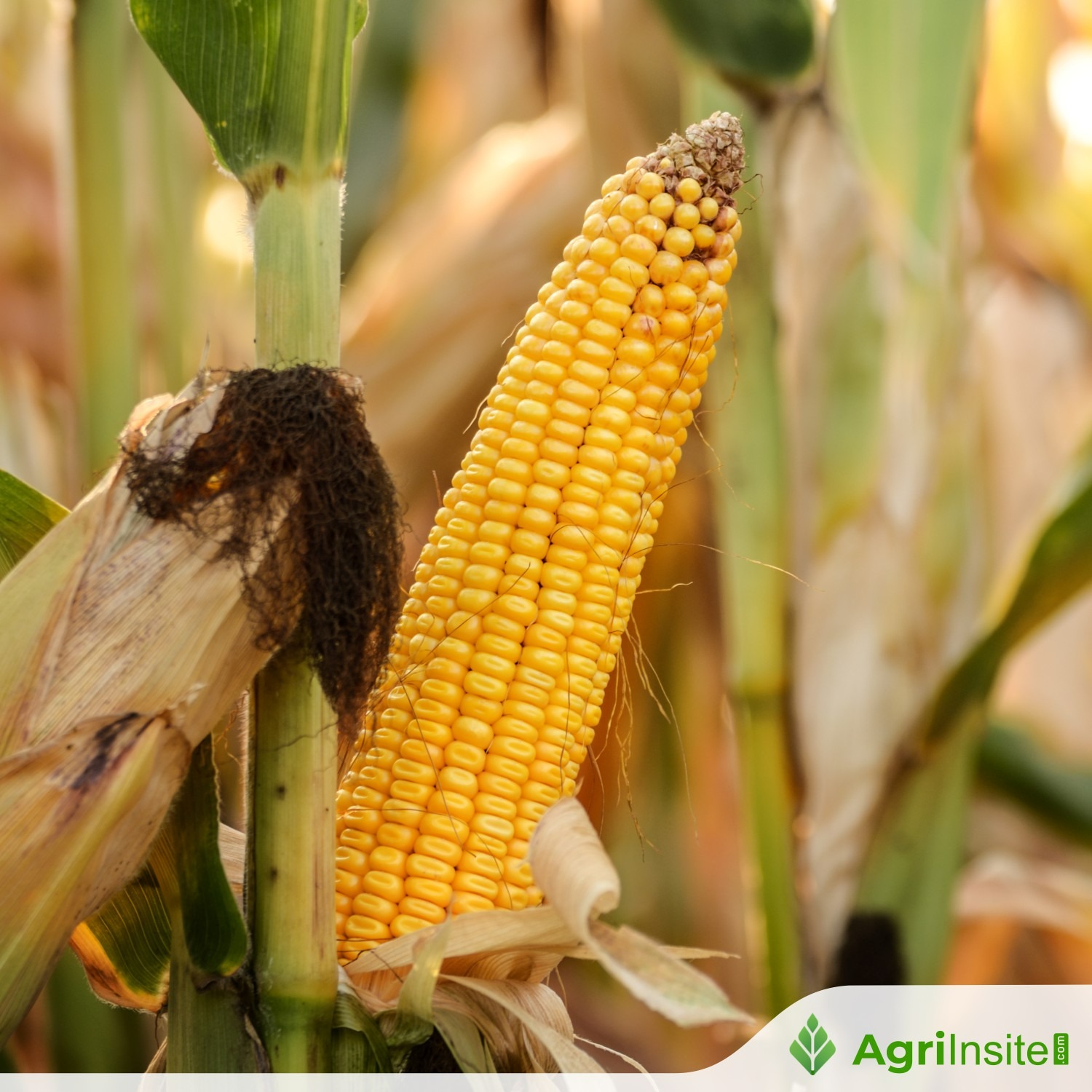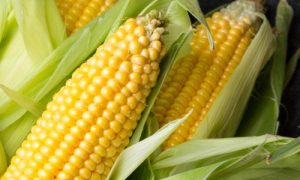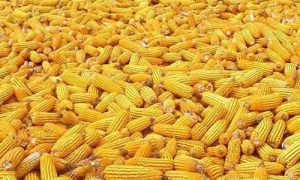Sri Lanka poultry exports blocked by maize autarky, import licensing

Sri Lanka’s poultry export growth is hampered by maize import restrictions, says Ceylon Grain Elevators. With local maize meeting under 50% of demand and often of poor quality, feed costs remain high. Import permits are delayed and tightly controlled, raising prices. Critics argue these policies hinder exports, worsen child malnutrition, and hurt the broader economy by inflating food costs.
ECONOMYNEXT – Sri Lanka’s potential in poultry exports is blocked due to maize import restrictions, Ceylon Grain Elevators, a feed miller and poultry company said amid import duties and licensing.
“…[E]xport market opportunities present significant growth potential for the poultry industry with the expectation of positive support from the government,” Ceylon Grain Elevator told shareholders in the annual report.
“It is anticipated that the authorities will grant the permits to import maize in a timely manner to overcome the challenges that the industry is facing due to the shortage of key raw materials.”
Sri Lanka started an autarky (self-sufficiency) scheme under the nationalists Rajapaksa regime, where maize collectors made hundreds of millions of rupees selling over-priced low-quality maize to poultry farmers.
After taxing maize at high prices, which keeps protein prices high especially for children of poor families, officials give permits at the last minute, driving up prices in nearby maize exporting countries, putting poultry farmers and feed companies in trouble by triggering emergency imports.
Small shipments of maize also push up costs.
Ceylon Grain Elevators in owned by a Singapore based company. Singapore has complete free trade.
“Locally cultivated maize continued to fall short, meeting less than 50 percent of the feed industry’s requirements,” CGE said.
“Compounding the issue, maize imports were tightly regulated under a government permit system, posing considerable difficulties in ensuring uninterrupted production capacity.”
Low quality local maize presented a challenge in maintaining the nutritional value of feed.
“CGE remained committed to supporting the local farming community by sourcing domestically grown Maize for our operations,” the firm said.
“However, locally grown Maize often came at a higher cost but lower quality consistency than imported Maize. As a result, to maintain optimal nutritional standards in poultry feed, the Group had to incorporate alternative feed formulations to enhance product quality.”
There have been concerns that irregular drying of corn by both farmers and collectors was diving up aflatoxin in locally produced maize by promoting fungus, which poultry farmers were forced to buy due to the import licensing and high taxes.
Due to lack of competition from imports, neither farmers nor the collectors have any incentive to avoid aflatoxin.
Sri Lanka’s Thriposha nutritional supplement which was started by foreign aid agencies reduce malnutrition of little children during the 1970s closed economy era is allowed to import higher quality tax free maize.
Sri Lanka still has malnutrition and stunting of children of poor families due to protein deficiency at a young age.
Sri Lanka’s import taxes are key reason for the country not joining global supply chains and the lack of export diversification, analysts have said.
As a result, only industries large enough to set up in an export zone where raw materials were allowed duty free were export competitive compared to free trading countries in the ASEAN region.
Sri Lanka’s poultry industry is caught in the position as the US auto industry after President Trump imposed a Rajapaksa-era style tax on fully made cars and auto parts to expand ‘domestic production’.
Trump later said there could be a tax rebate scheme for parts, and finally said parts would be allowed in without the 25 percent tax.
In a trade deal with the UK, the United State said Rolls-Royce jet engines would be allowed tax free. Many buyers of Boeing aircraft specify that engines be from Rolls Royce.
Sri Lanka’s President Anura Dissanayake recently returned from Vietnam which is a top exporter of farmed fish and a one of the largest importers of maize for animal feed.
In 2024 Vietnam imported over 3 billion US dollars of maize, mostly from Argentina and Brazil.
Brazil is also the worlds largest exporter of poultry.
High food taxes however hurt all export industries and lowers living standards of the entire population, forcing them to leave the country of their birth seek employment in low tax regimes in the Middle East to save some money.
Because people are hungry, food is an easy industry for import substitution protected businesses to gouge customers through import duties, critics say.
To Read more about Maize News continue reading Agriinsite.com
Source : Economy Next














